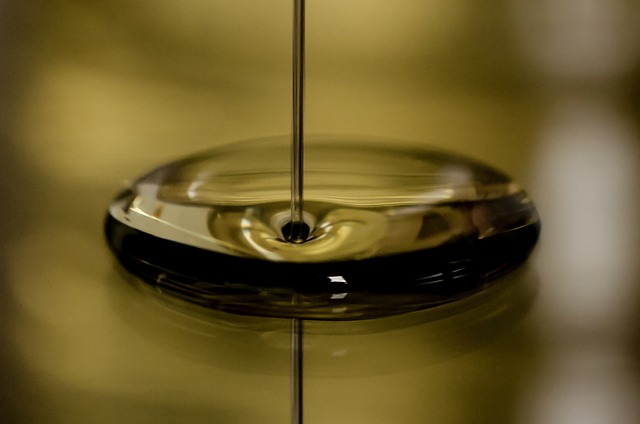As we all know, Engine oil is very important to keep an engine running, without it, the engine would not be able to function as all the metal parts within the engine such as the camshafts and bearings would begin to grind against each other and wear out the engine almost instantaneously by giving a grinding death.
Although engine oil is important, what’s even more crucial is the type of oil you put into your vehicle’s engine, specifically what viscosity of oil you put in.
Different types of cars have different types of engine oil needs, for example, a regular commuter car would use 5w30 oil, but then a commercial pickup truck would utilize a more viscous oil such as 5w40 as they have higher operating temperatures.
But what does the “W” stand for? It is basically a representation of how the oil will perform at lower temperatures, it is required because oil can get very thick in cold temperatures and make the car very hard to start as the crankshaft is half-submerged in a pool of oil.
With the “W” rating, the lower the number, the better it will perform in colder temperatures, the 40 at the end of the rating also corresponds to certain viscosity limits the oil will reach 100c, all oils that end in 40 must achieve this limit.
Similarities between 10W40 AND 20W40
the similarities, both the engine oils have a rating of 40 at 100c, which means both the engines will have the same viscosity or thickness at 100c, a 30 rated oil would be thinner at the same temperature, the higher the number, the more viscous the oil is.
Generally, thicker oil is used in high performance and heavy-duty vehicles that have forced induction such as turbochargers or superchargers, as they tend to make the engine run hotter than naturally aspirated engines, oil performs better when more viscous, so in order to keep the engine running at higher temperatures without any issues, thicker oil is used.
Generally, modern engines run warmer, although, at a constant temperature than older engines as new engines try to get more power from smaller engines as opposed to older cars, for example, a new Inline-4 cylinder turbo engine makes 250 hp on average, which is the same figure for a 5.0 Triton V8 from the early 2000s.
Present-day emissions rules and regulations also force the engines to be more restrictive, forcing them to not run at their full potential, which is also why some newer car engines generate more heat in a bid to control emissions.
Differences between 10W40 and 20W40
10w40 oil has a lower “W” rating, which means that it has better performance at colder temperatures. I recommend Valvoline High Mileage SAE (See real user reviews on Amazon)
Cars can be especially hard to start in the winter, if the winter performance of the oil isn’t good, the car can have a very had time starting, which can stress the starter as you repeatedly try to crank the engine, and deplete your battery too and when the car has eventually started, the oil will take longer to flow to all parts of the engine as it will be very thick.
which means that the engine will wear out earlier as it spends more time with unlubricated parts upon startup, alongside that, the oil pump will be under more strain pumping thicker oil around, which means that will wear out prematurely too.
Prolonged use of 20w40 oils especially in cars that recommend 5w oil can damage the engine as the oil pressure will be higher due to its higher viscosity, the most common issue is when the engine starts burning oil and producing blue smoke when the piston rings are damaged due to the wrong oil.
20w40 oils have a higher “W” number, which means they will not perform well in colder temperatures, that is the only difference between the two oils.
With that being said most cars come shipped from the factory with a “W” rating of 5 such as 5w30 or 5w40, as it is the perfect balance between cold performance and high-temperature performance, furthermore,
it keeps the car ready for any climate or condition, so the owners or drivers of the car aren’t caught off guard when venturing into places with different climates. Since 5w and 10w oils are the norms for most cars, 20w oil has become increasingly rare as lesser cars begin to use it,
since manufacturers do not recommend it anymore and most cars do not ship with it. So, always use the recommended engine oil for your vehicle and when purchasing engine oil, look for the SAE (Society of Automotive Engineers) viscosity number, to be sure you are buying good quality oil that has been tested.

Robert Anderson is a world class motorhead who rebuilt his first carb at age 10, his first engine at age 15, and completed his first full hotrod build when he was just 18! Previously, he has ran a part warehouse, delivered pizzas, and managed the service department for a $20 million/year revenue dealership. Robert knows cars like few others and he is passionate about sharing his knowledge.

